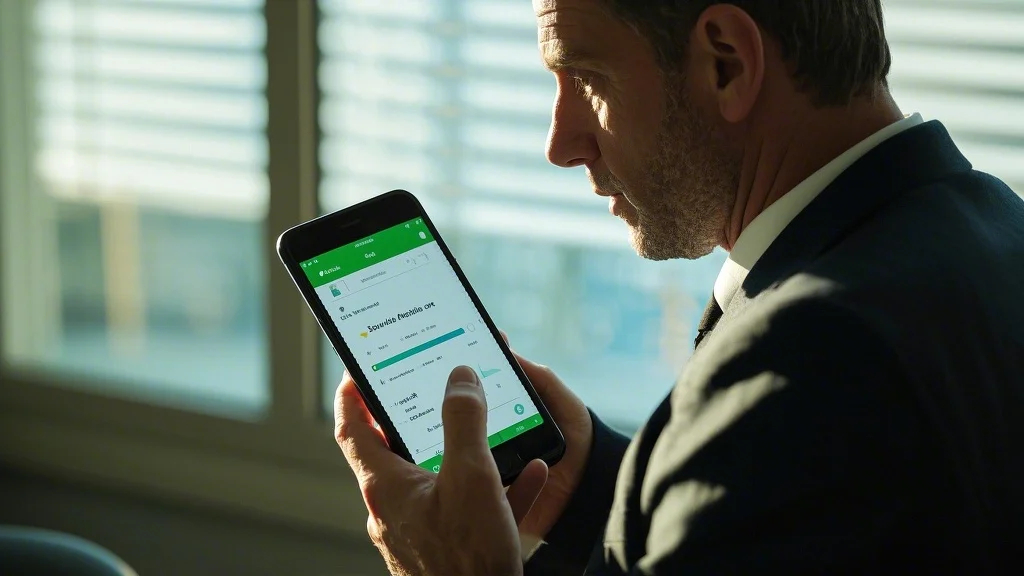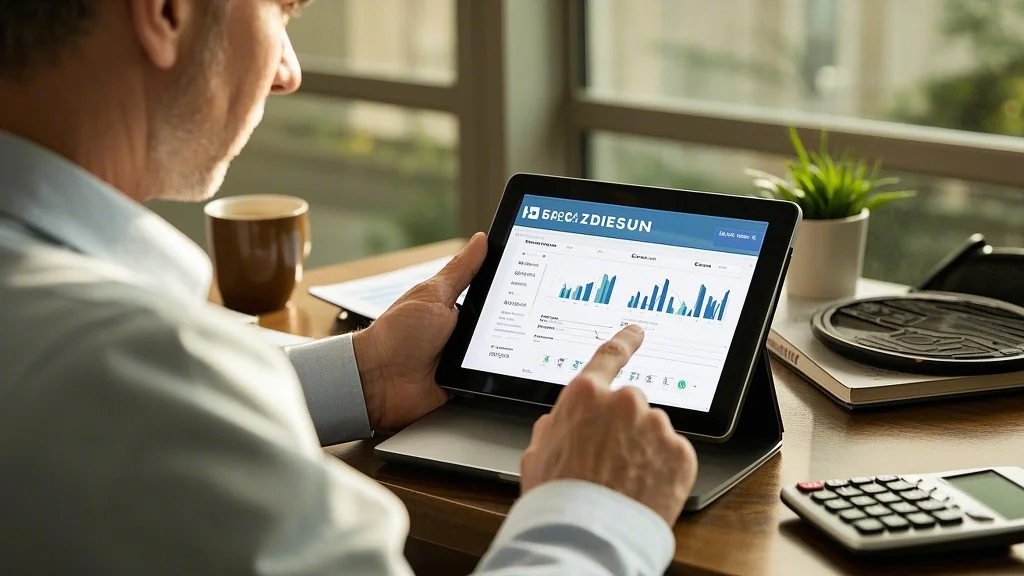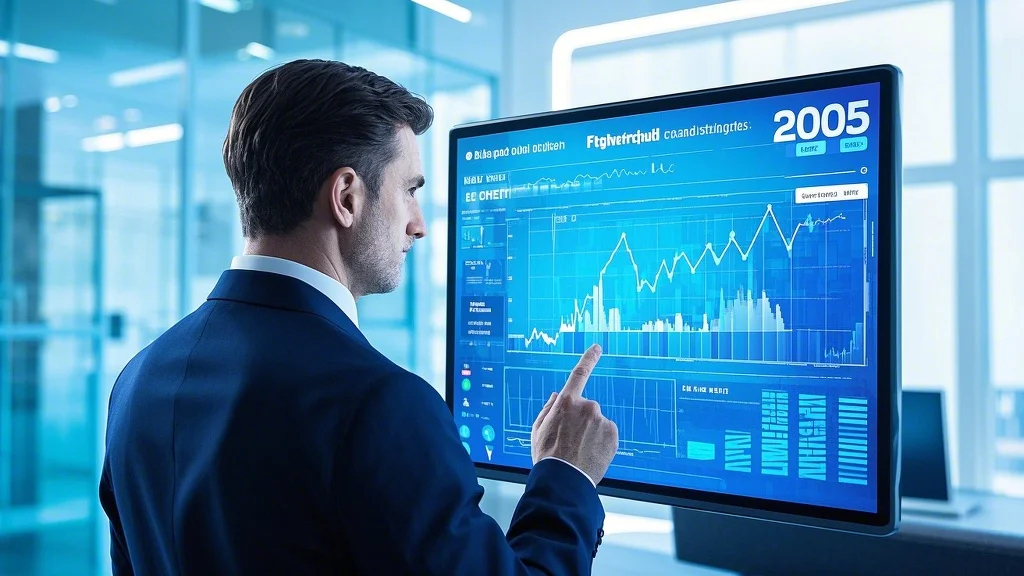Choosing the Right Budgeting App for Your Needs
Selecting the ideal budgeting apps requires understanding your financial personality and goals. The market offers everything from simple expense trackers to comprehensive financial planning software that integrates investments, debts, and long-term goals. For beginners, apps with automated categorization and gentle reminders work best, while advanced users might prefer customizable platforms with detailed reporting. Consider whether you need multi-device access, bank connectivity, or specialized features like cash envelope tracking. The most effective tools seamlessly blend into your daily routine rather than creating additional financial chores. Many apps now offer free versions with basic functionality, allowing you to test drive before committing. Pay particular attention to security features – the best apps use bank-level encryption and don’t store your actual banking credentials. Your ideal budgeting partner should feel intuitive while providing the right balance of hand-holding and financial autonomy.
Setting Up Your Budgeting System for Success
Implementing personal finance management through apps requires thoughtful initial setup beyond just linking accounts. Start by defining clear financial goals – whether paying off debt, saving for a home, or building an emergency fund. The most effective smart financial tools allow you to allocate every dollar intentionally using zero-based budgeting principles. Create realistic spending categories based on your historical patterns rather than idealized numbers. Many users find value in setting up multiple savings buckets for different goals within their app. Don’t forget to schedule regular budget check-ins – weekly for beginners, monthly for those with more stable finances. The initial setup process might take a few hours as you fine-tune categories and rules, but this investment pays dividends in long-term financial clarity. Remember that your first budget won’t be perfect; the best apps make it easy to adjust categories and amounts as you learn your actual spending habits.

Mastering Expense Tracking and Categorization
Effective use of expense tracking apps goes beyond passive transaction monitoring. The most successful budgeters develop consistent habits for reviewing and categorizing expenses. Modern apps use machine learning to automatically sort transactions, but you’ll achieve better results by periodically reviewing and correcting misclassified items. Many smart financial tools allow you to set rules for recurring transactions, saving time on manual entries. Consider creating custom tags for tax-deductible expenses or special occasions to make year-end accounting easier. Some users find value in adding manual cash transactions for complete financial visibility, while others prefer focusing on bank-accounted spending. The key is finding a tracking frequency that keeps you engaged without feeling burdensome – daily for some, weekly for others. Advanced users can leverage reporting features to identify spending trends and seasonal patterns that inform future budgeting decisions.
Advanced Features for Financial Growth
Modern budgeting apps offer sophisticated features that extend far beyond basic expense tracking. Many now incorporate debt payoff calculators that optimize payment strategies based on interest rates and cash flow. These financial planning software solutions can project how spending changes today will impact long-term goals like retirement. Some apps offer bill negotiation services or identify subscription savings opportunities. The most advanced platforms integrate investment tracking, allowing you to see your complete financial picture in one place. Consider enabling alerts for unusual spending patterns or when you approach budget limits in key categories. Many apps now offer “round-up” features that automatically invest spare change from transactions. As you become comfortable with basic budgeting, explore these advanced tools to accelerate your financial progress. The best apps grow with you, offering more sophisticated features as your financial literacy and needs evolve.
Overcoming Common Budgeting App Challenges
Even the best personal finance management systems encounter real-world obstacles that can derail progress. Many users struggle with account connection issues – having a manual backup system prevents frustration during technical glitches. The “set it and forget it” mentality leads to budget drift; schedule monthly reviews to adjust categories and amounts. Some expense tracking apps overwhelm users with notifications – customize alerts to maintain awareness without annoyance. Couples often face synchronization challenges; look for apps with shared household budgeting features. Irregular income earners should seek apps that prioritize expense tracking over rigid monthly cycles. The most successful budgeters view these tools as flexible guides rather than financial straitjackets, adapting their approach as life circumstances change. Remember that occasional overspending doesn’t mean failure – the best apps help you adjust and move forward without guilt or perfectionism.
Integrating Budgeting Apps into Your Financial Ecosystem
Your budgeting apps should work harmoniously with other financial tools to create a complete money management system. Many users benefit from connecting their budgeting platform to financial planning software that handles investments and long-term goals. Look for apps that export data to spreadsheet formats for custom analysis or tax preparation. Some platforms integrate directly with accounting software for small business owners or freelancers. Consider how your expense tracking syncs with credit card rewards programs to maximize benefits. The most effective financial ecosystems automatically flow information between tools while maintaining robust security. As you advance in your financial journey, your budgeting app should serve as the foundation that supports increasingly sophisticated strategies rather than becoming a limiting factor. The ideal setup provides both the big-picture perspective and granular control needed for true financial mastery.



